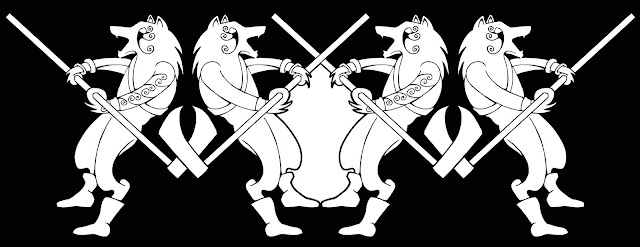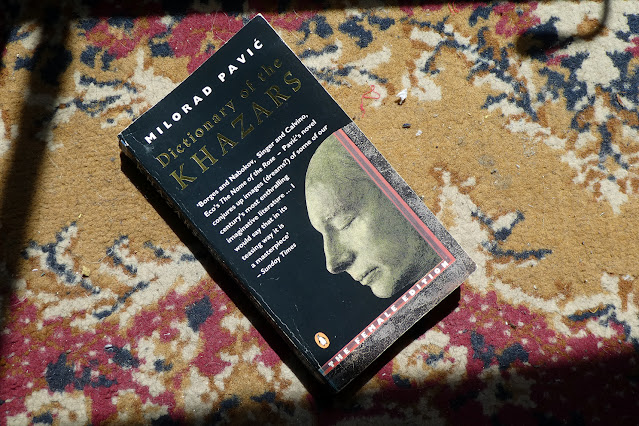Summarising the 'Gyldlandsaga' So Far...
In putting together the narration for a 'work in progres' disscussion of the project for tomorrow, I realised this made a decent summary of the project to date, including some new thoughts and research. So here goes: And here is the text of the presentation (with a few extra explanatory points): This project explores the relationship between word, image, object, and idea, and the representation of a non-existent place and time in a very specific space of bounded, physical place/time. Deconstruction has become the theme of this project, via growing reference to the ideas of Derrida and Foucault, as well as a breakdown of binary oppositions, upon which much structuralist theory is founded - as well as certain social, cultural and political restrictions which persist today. Originally influenced by the mythological research of levi-Strauss, it was created as a fictional myth system – a body of knowledge concerning gods, their origins, and tales – and their representation...

